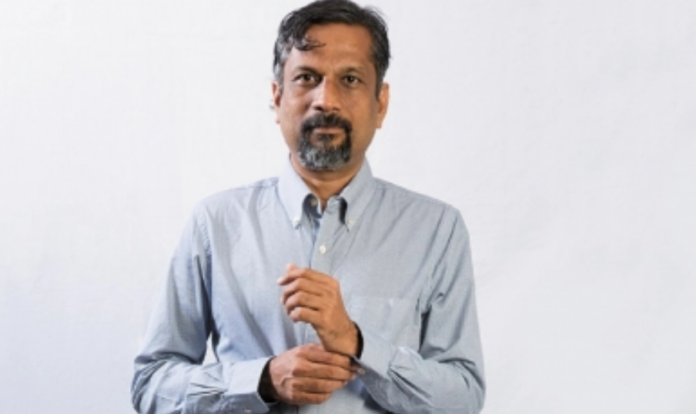New Delhi— The recent slowdown in India’s IT sector isn’t just due to artificial intelligence (AI) disruption or former U.S. President Donald Trump’s reciprocal tariffs, but also stems from long-standing inefficiencies in the software industry, according to Zoho founder Sridhar Vembu.
In a post on X, Vembu wrote, “What we are seeing is not just a cyclical downturn, and it’s not solely driven by AI. Even without the uncertainty from tariffs, there were signs of deeper trouble. The broader software industry has been inefficient—for years—both in its products and services.”
He added that these inefficiencies have been building over decades of inflated market valuations. “Unfortunately, we adapted to these inefficiencies in India. Many jobs in the IT industry depended on them, drawing talent away from areas like manufacturing and infrastructure.”
Calling the current moment an “inflection point,” Vembu said the past 30 years are no longer a reliable blueprint for the next 30. “We need to challenge old assumptions and rethink the future,” he emphasized.
His comments come amid a weak earnings season for Indian IT giants. Tata Consultancy Services (TCS), Infosys, and Wipro all posted muted results and offered cautious outlooks, triggering concern among investors.
Infosys, in particular, reported an 11.7% year-on-year drop in consolidated net profit for Q4 FY25, falling to ₹7,033 crore from ₹7,969 crore a year earlier. Revenue, however, rose nearly 8% year-over-year to ₹40,925 crore.
The company’s operating margin stood at 21%, down slightly from 21.3% in the previous quarter but an improvement from 20.1% in the same period last year.
Many IT firms are still dealing with delayed client spending, tariff-related uncertainties, and slow project ramp-ups—signs that challenges may persist beyond short-term market disruptions. (Source: IANS)








